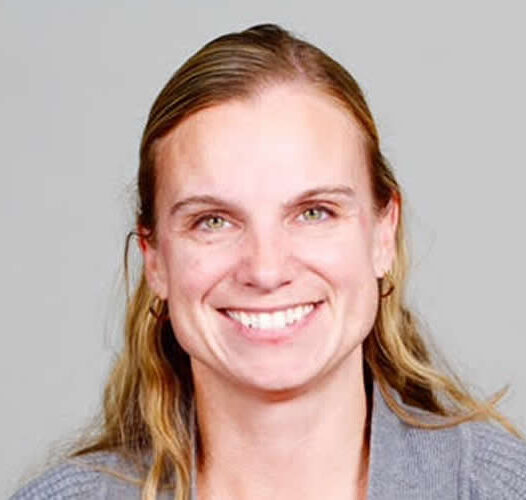Dr. Rebecca Mirick
The World Health Organization estimates that over 800,000 people die by suicide each year. Social workers often find themselves working in settings where suicide and parasuicidal behavior are of ongoing and significant concern and, therefore, are in need of specialized skills to address these potentially life-threatening situations. So, does social work education provide social workers with the resources needed to feel confident in addressing suicidal intentions? Have the response protocols in agencies that train and employ social workers kept pace with advances in dealing with suicidal behavior? In this episode, Dr. Rebecca Mirick shares her work developing a suicide intervention training program and the follow-up research she conducted to determine its impact on knowledge and confidence of those receiving the training.
Rebecca G. Mirick, PhD, LICSW, is a licensed clinical social worker. Dr. Mirick received her PhD in social work from Simmons School of Social Work in 2011 and her MSW from Boston University in 2002. Dr. Mirick is an assistant professor at Salem State College School of Social Work, where she teaches clinical practice, human behavior, research, field, and an elective on understanding suicide to undergraduate and graduate social work students. She has worked as a suicide prevention specialist and a research consultant for the Riverside Trauma Center since 2006. At the Riverside Trauma Center, Dr. Mirick has developed and run gatekeeper trainings on suicide, consulted on evaluation projects, and designed and developed an evaluation of their Suicide Assessment and Intervention Training for Mental Health Practitioners (SAIT), a one-day continuing education training for mental health practitioners that includes current best practices in suicide assessment and intervention. SAIT has been listed on the Suicide Prevention Resource Center’s (SPRC) Best Practices Registry as a Level III best practice. Dr. Mirick has authored several pieces on the effectiveness of this training and presented at several conferences. As a clinical social worker, Dr. Mirick has worked with children, adolescents, families, and adults in a variety of settings, including outpatient mental health clinics, preschools, early intervention, HeadStart, and the Department of Youth Services.
Interviewer: Carissa Uschold, LCSW-R





